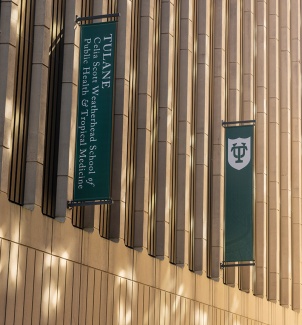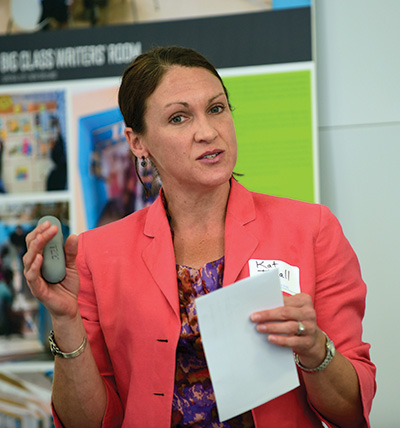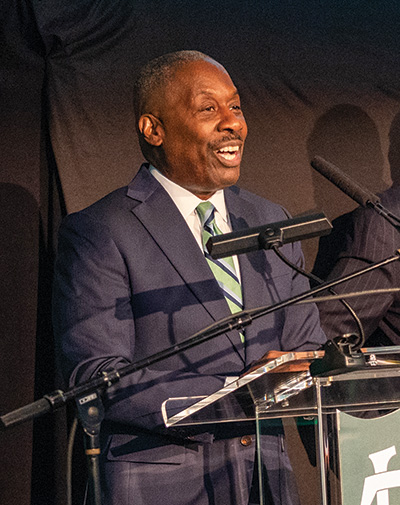Transforming public health education
The Celia Scott Weatherhead School of Public Health and Tropical Medicine has a long and proud history, its founding dating back to 1912 when it became the first school of its kind in the United States. Tulane’s commitment to public health goes back even further as a university, having been established as a medical school in 1834 to address epidemics of cholera, yellow fever, smallpox and malaria that were running rampant across the United States in the 19th century.
Today, with more than 130 full-time faculty members and a student body of 1,400, the school is tackling the most critical public health issues of today.
During the COVID-19 crisis, the school conducted studies related to the spread of the virus. Its research helped inform national policy decisions and health interventions, putting the school at the forefront of the fight against this global threat. Tulane’s public health experts also worked closely with communities to educate the public about COVID-19 and help minimize the spread of the virus.
More recently, Tulane public health researchers conducted a study linking high salt consumption to risk of type 2 diabetes, another study showing simple diet swaps can cut carbon emissions and improve overall health, and yet another finding that climbing more than five flights of stairs daily could reduce the risk of cardiovascular disease by 20%.
Weatherhead’s record-setting support will provide seed funding for the development of research hubs in areas such as cancer control, climate change and health, health equity, health policy, infectious disease epidemiology, public health workforce development, and the use of artificial intelligence in the study of population health. Her gift will also further strengthen the faculty and enhance the student experience, especially in the form of scholarships.
Weatherhead’s generosity will further advance Tulane’s plan to expand the downtown campus, where the Celia Scott Weatherhead School of Public Health and Tropical Medicine is located. Tulane’s downtown expansion is key to reimagining New Orleans as a national hub of biotechnology and innovation.
“It is fitting that such an integral part of Tulane’s mission of research, education and service bears the Weatherhead name,” Fitts said.






































































